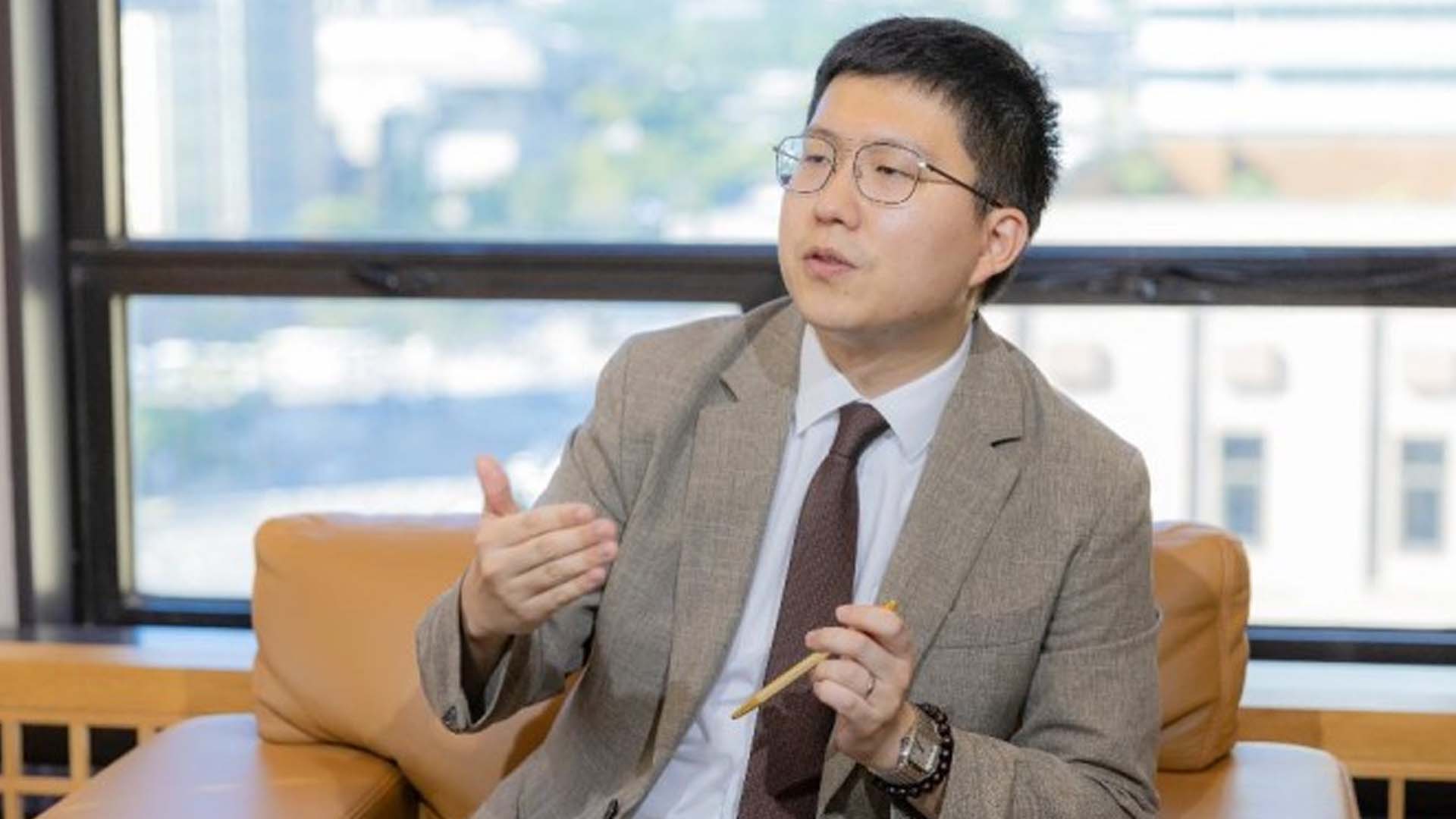An economist of the Korea Institute for International Economic Policy (KIEP) considers the Philippines-Republic of Korea Free Trade Agreement (PH-ROK FTA) as one of the most successful trade deals for South Korea.
KIEP associate research fellow Kim Nam Seok, in an interview here last week, said the new bilateral FTA has included more goods that will have zero tariff.
“So, if we aggregate those three FTAs together, around 95 percent of products are liberalized in terms of tariff,” he told participants of the Korean Culture and Information Service (KOCIS) International Journalists Invitation Program 2023 held from Sept. 18 to 22.
“Even the Korea-United States FTA, or Korean-EU (European Union) FTA, I think the Korea-Philippines free trade agreement obtained (an) even higher degree of trade liberalization,” he said.
Currently, the Philippines and South Korea are trading under the ASEAN-Korea FTA (AKFTA) and the Regional Comprehensive Economic Partnership (RCEP).
President Ferdinand R. Marcos Jr. and South Korean President Yoon Suk Yeol witnessed the signing of the PH-ROK FTA at the sidelines of the ASEAN Summit in Jakarta, Indonesia last Sept.7.
Both governments are taking the steps to make the bilateral FTA enter into force.
For the Philippines, the Department of Foreign Affairs will determine whether the new FTA will be a treaty or an executive agreement.
Department of Trade and Industry (DTI) Undersecretary Ceferino Rodolfo earlier told Manila-based trade reporters that assuming that the FTA will be an executive agreement, the new trade pact will be effective by January 2024.
Under the PH-ROK FTA, the Philippines got the concession of gradually eliminating tariffs for banana and processed pineapple, which are the country’s competitive exports to South Korea.
In return, Korean automotive vehicles and parts will have zero tariffs when entering the Philippine market, allowing them to compete with Japan-made cars.
“Overall, both parties, DTI and MOTIE (Ministry of Trade, Industry and Energy) of Korea, are having (a) very optimistic outlook about trade growth between the two nations after signing that bilateral FTA,” the KIEP economist said.
Diversifying investments
Kim said the Philippines will also attract big Korean private companies that are diversifying their investments outside China.
President Yoon also underscored during his meeting with Association of Southeast Asian Nations (ASEAN) leaders the Korea-ASEAN Solidarity Initiative (KASI), a rebranded New Southern Policy since the new Korean administration took over last year.
Kim said KASI aims to expand the economic cooperation between ASEAN and South Korea as it diversifies and the latter tries to lessen its dependency from China.
“The competition between (the) United States and China, it fundamentally changed the overall economic policy of South Korea. It is kind of (a) groundbreaking challenge for South Korea because in the beginning, we were relying on the United States in terms of security, and at the same time, we are relying on China in terms of economic welfare. But whenever they start fighting each other, as a medium size country, it is kind of (a) surviving issue, so we are very concerned,” he said.
Kim said Samsung had poured in a large amount of investments in Vietnam, while Hyundai just produced its electric vehicle model in Indonesia.
“China is still the major economic cooperation partner of South Korea, but the share of China will slowly decline. That’s what many economists are predicting,” he said.
Kim said that with better transparency in the Philippines and the English proficiency of Filipinos, he is optimistic that Manila will be adding more “giant firms” from South Korea that will further strengthen the economic ties of the two countries.
He said President Yoon is keen on partnering with the Philippine government to develop its nuclear energy assets in Bataan.
“Like (the) nuclear power plant is one of the most competitive sectors of South Korea. So, the current president is really willing to have success in (the) Bataan project so that we can start building closer ties and also expand our investment relationship,” he added. (PNA)








